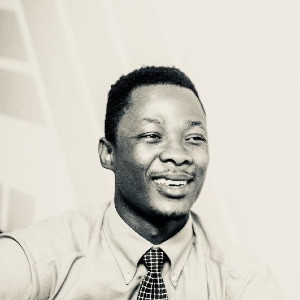Hi, everyone, I just applied for a few consulting companies this week, and I plan to apply more positions at consulting companies(Tier 3, Tier 2, and Tier 1) in London/Shanghai after i feel fully-prepared in the coming 2-3 months. I've been checking tips for how to prepare the whole journey, but there are still some questions i have to ask here :
1. What are the best preparation materials for PST (for example), Case Interviews, FIT and etc? Case in Point may be outdated? Some free online cases might not guarantee their quality? etc... So, could someone recommend some high-quality materials?
2. What is the most efficient plan? Like the overal plan, how many hours should be devoted to which part, and how to prepare for each part, etc
3. One of my target company is McKinsey, i heard from a recruiter from McKinsey that they've replaced the PST test with the game accessment already in London office, could someone tell me more about this game accessment and advise me how to prepare for it? Plus, except London, does Shanghai office has also replaced the PST test?
4. If i apply for Shanghai office, will the interview be carried out in English or Mandarin?
Thanks guys, would be appreciate if you could help!
















